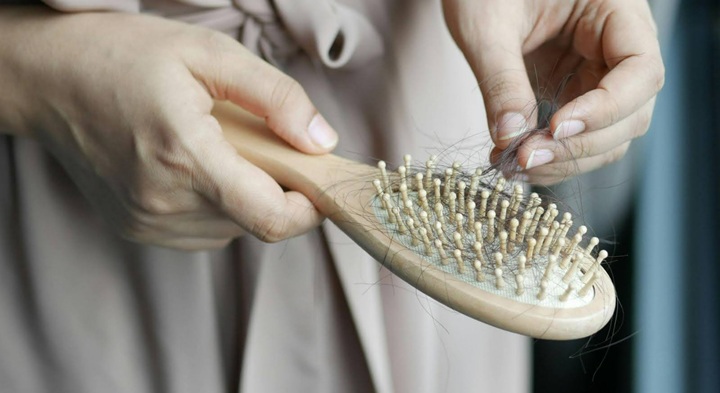
Our hair is our crowning glory with luscious, healthy-looking locks considered as an epitome of beauty—most importantly, a significant confidence booster. Yet, it is often overlooked in our daily routines. It is time to elevate our hair game this year with tried and tested care habits straight from a dermatologist at top hospital in the Philippines Makati Medical Center (MakatiMed).
Corazon Almira T. Mella, MD notes that no matter your specific hair woes and needs, achieving healthy tresses can boil down to developing healthy habits. “The state of our hair can also reflect the state of our own health and the extent of damage brought by environmental factors like sun exposure and pollution,” says Dr. Mella.
The expert shares that usual hair problems like hair fall, dandruff, frizzy strands, and hair breakage can be tamed by embracing these derma-approved methods of keeping hair healthy and fab.
Great hair comes from a well-maintained scalp. “A buildup of oil, dirt, and hair products can lead to dryness and dandruff. Applying your trusted shampoo to your scalp—not on your strands—is enough to get the job done. Except for those who constantly sweat from exercise, are out in the sun all day, have an itchy scalp, or use lots of hair styling products, skipping a day or two of shampooing is fine,” shares Dr. Mella.
To give the scalp more TLC, the dermatologist also suggests exploring exfoliators and hydrating and moisturizing serums with scalp-healthy ingredients like peptides and glycerin.
Hair is made of keratin, the same type of protein behind human nails and animal feathers, claws, and hooves. “Lean meat, chicken, fish, eggs, beans, and dairy products are excellent sources of protein,” reveals Dr. Mella. “In addition to their protein content, salmon, herring, and sardines also have Omega-3 fatty acids, which promotes hair health.”
Do not forget to add vitamins and minerals into the mix. “Fruits and vegetables are rich in vitamin C, which produces collagen, another protein. The antioxidants in vitamins A, C, and E protect the scalp and hair from sun damage. Zinc that is found in nuts and leafy green veggies prevents hair from falling,” says Dr. Mella.
While the debate on whether stress causes hair to turn gray remains unresolved, experts acknowledge that stress does affect hair, the way it does the rest of the body. “Intense, chronic stress can put hair on a ‘resting phase’ that skips the growth process,” mentions Dr. Mella. “It can trigger trichotillomania, or the urge to pull out your hair in tense situations. And although known as an autoimmune disease, alopecia (or hair loss) can be caused by tremendous stress.”
Still got falling hair or an itchy scalp despite your best efforts? The practitioners of the viral 15-step scalp treatment offered in some salons can help. Those who have tried the treatment felt and noticed a big difference after subjecting themselves to the meticulous 90-minute process that includes a series of massages; a galvanic sealing brush (a light electric current softens keratin and sebum, and LED lights kill acne-causing bacteria while encouraging cell growth); scrubs, a shampooing, and a relaxing waterfall spa before hair is re-analyzed and styled.
Ultimately, a board-certified medical practitioner is still your best bet. “Do not dismiss your symptoms and say it is ‘just hair.’ For all you know, what you are experiencing may be rooted in an underlying condition that requires serious attention,” reminds Dr. Mella. “We can offer you the proper diagnosis and prescribe the right medication for it.”

